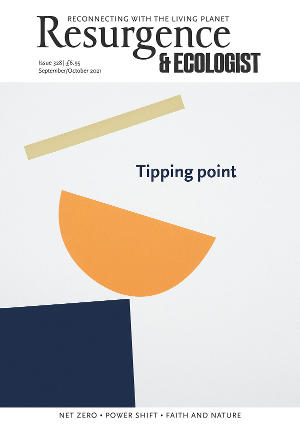www.theatlantic.com/podcasts/floodlines
News anchors and meteorologists first started calling the storm ‘Katrina’ on 24 August 2005, a Wednesday. It had picked up enough speed on its way up from Florida to become first a tropical storm, and then, as it accrued more power, a stronger and stronger hurricane. By the weekend, New Orleans was being warned a ‘big one’ was on the way, Category 5, with wind speeds above 67 metres a second.
Fifteen years on, last year’s Floodlines podcast from The Atlantic picked the story up and took the opportunity to look back with a bit of distance. The series is wonderfully produced. As well as sensitive, deep interviews and beautiful narration from reporter Vann R. Newkirk II, there’s intricate content and excellent sound editing, and brilliant music. (New Orleans trumpeter Christian Scott aTunde Adjuah is one of the composers.) As a result, the series is easy on the ears, even if the content is challenging at times, deliberately pushing listeners to sit with some discomfort or anger.
A big theme in the podcast is the role of something today we might call ‘fake news’, and this is one of the reasons why it’s worth listening even if you think you remember Katrina clearly. What you thought was true of Katrina might not be the case. Listening to the series while the world still battles Covid, and to the ways in which slippery communications have been such a challenge in managing that crisis, I appreciated how that fake news is as much of a problem when it comes to managing climate impacts as it is disagreements with sceptics over whether we should take action in the first place.
Climate campaigners might find it surprising that global warming isn’t really discussed at all in the series. Separating the signal of climate change from the other noises of a hurricane is hard, but every bit of a degree of global warming makes extreme weather events like these more likely, more frequent, hitting harder in more places. Another, longer history behind the huge impact of Katrina – deep, long-standing structures of racial inequality – is much more overtly present in the series’ narrative, but not dug into in particular depth. Neither of these points takes anything away from the story Floodlines presents, but if there are follow-up seasons, they might look at these topics, either in isolation or as an exploration of the many ways in which global warming and structural racism in the US grew up together.






